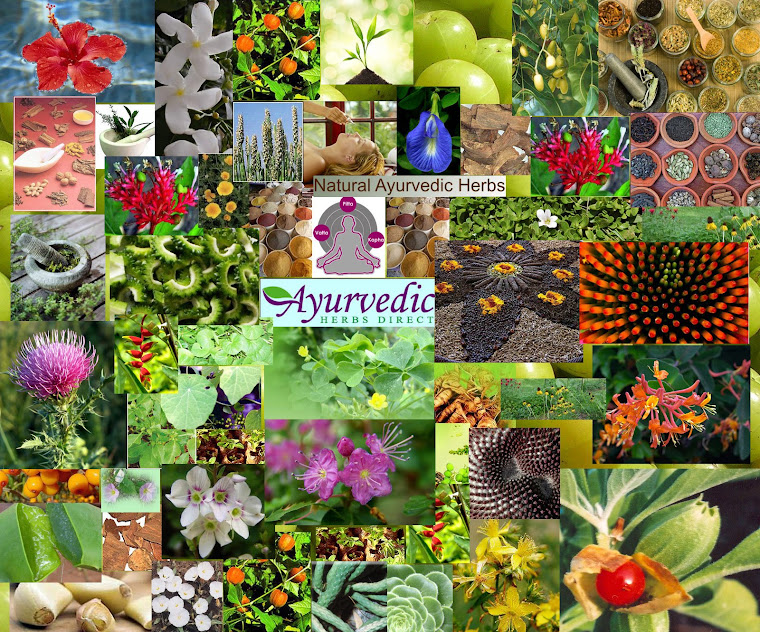 Tomato, although technically a fruit, is used more as a vegetable by people. The juice of tomato is highly recommended for people with various ailments and even for healthy people. Lycopene, an antioxidant is a part of almost all vegetables and fruits, but is found in large quantities in tomato. Experts have long recommended tomatoes for several kinds of medical conditions, including heart problems and muscular degeneration.
Tomato, although technically a fruit, is used more as a vegetable by people. The juice of tomato is highly recommended for people with various ailments and even for healthy people. Lycopene, an antioxidant is a part of almost all vegetables and fruits, but is found in large quantities in tomato. Experts have long recommended tomatoes for several kinds of medical conditions, including heart problems and muscular degeneration.However, most of all, tomatoes are highly recommended in treatment of almost any type of cancer, particularly breast cancer. It helps neutralize free radicals of cancer cells and hence considered to be a significant aid in cancer treatments. Apart from this, even healthy individuals can benefit from the lycopene content in tomatoes, as it considerably reduces chances of getting cancer and heart diseases.
Lycopene reacts with all toxins in the body and purges. Lycopene is also found to reduce incidents of prostate cancer and atherosclerosis and coronary disease. Moreover, several studies have revealed that tomatoes contain enzymes that prevent blood clotting, and this helps people who are prone to getting a stroke.
It is said that cooked tomatoes, rather than eating them fresh out of garden, can double the effect of lycopene. This is the reason that the study focuses on tomato juice, rather than raw tomatoes. The other good ways to consume tomatoes are in the form of tomato sauce (says another study from Ohio University), as there are 2 separate strings of lycopene molecule in the tomato sauce. Another good way is to mix tomato with corn or corn oil, as this combination releases the largest amount of lycopene.
Health expert, Dr. Enaam Abdul Razag of Supreme Heal Council -Maternity Section, Doha, mentioned that fresh tomatoes can reduce incidence of braest cancer by 77 percent, while also confirming that a healthy, balanced diet goes a long way in preventing the disease.
All meals should essentially contain fresh veggies, particularly tomatoes, lettuce and carrots as they play a vital role in preventing breast cancer. Even fruits such as cherries, oranges and strawberries help in preventing breast cancer



